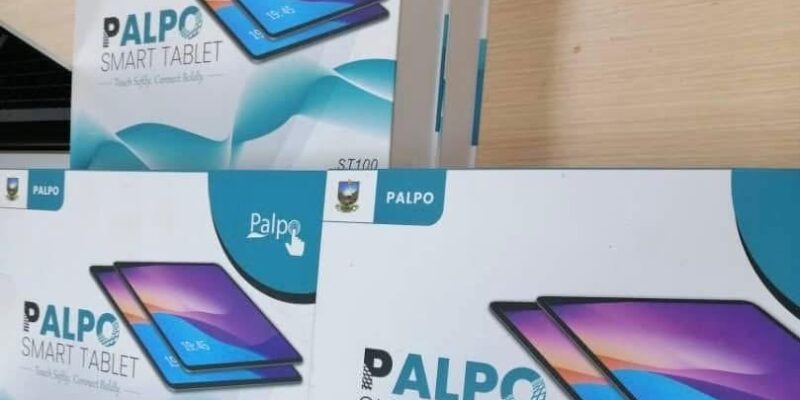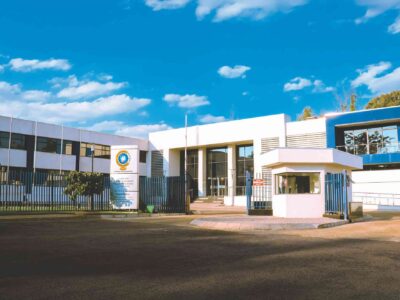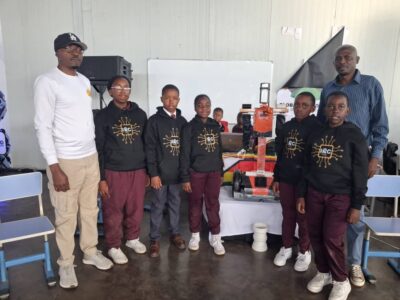Bindura University of Science Education (BUSE) has quietly entered the technology manufacturing space with the launch of its own innovation brand, Palpo. Through its Industrial Park, the university is assembling affordable laptops, tablets, and feature phones equipped with locally developed software and an artificial intelligence assistant named Titus. The project aims to provide accessible technology solutions for students, small businesses, and rural communities, positioning Palpo as a local alternative to imported electronic brands that dominate Zimbabwe’s market.
The Palpo laptops are built with practicality and performance in mind. Powered by Intel Core i5 and i7 processors, and offering between 8GB and 16GB of RAM along with 256GB to 512GB of SSD storage, the devices are targeted at students and entrepreneurs seeking reliable machines at a reasonable price, starting around US$350. The tablets, priced at US$80, come with 10-inch screens, quad-core processors, and long-lasting batteries—features that make them particularly useful for digital learning and offline education programs in areas with limited connectivity.
Perhaps the most groundbreaking innovation is the Palpo $7 feature phone. Though simple, it comes pre-installed with WhatsApp and supports both 2G and 3G networks, providing an affordable communication tool for rural users who rely on the platform for staying in touch with family, sharing school assignments, or receiving remittances. The phone also includes an FM radio, ensuring continued access to information where internet coverage is limited.
What sets Palpo devices apart is Titus, an in-house developed AI assistant capable of translating lessons into Shona and offering intelligent support to users. This makes the technology not just affordable but also relevant to local linguistic and educational needs, reflecting an effort to build devices that truly serve Zimbabwean communities.
At peak production, BUSE can assemble up to 12,000 laptops and tablets and 3,000 phones per month. The university plans to open a dedicated on-site technology mall that will retail Palpo devices, provide after-sales support, and act as a hub for innovation and community engagement. This initiative directly supports the government’s Education 5.0 policy, which emphasizes research, innovation, and industrialization within higher learning institutions.
Despite its success so far, BUSE faces challenges that could affect the scalability of the project. Most of the components used in the assembly process are imported, meaning global supply chain disruptions can influence production costs and timelines. Maintaining consistent quality control and ensuring long-term reliability will also be critical as the university scales up to meet growing demand.
Still, early feedback from students and users has been encouraging. More than 5,000 students have already tested Palpo devices, praising their performance and practicality. The project represents a bold move toward technological self-sufficiency, showing how local universities can go beyond education and drive real industrial transformation.
In many ways, Palpo symbolizes the future of Zimbabwean innovation—a blend of learning, local software, and practical technology designed for real-world impact. Even with a $7 phone, BUSE is proving that homegrown technology can keep people connected, enhance education, and inspire a new generation of digital creators.















Comments